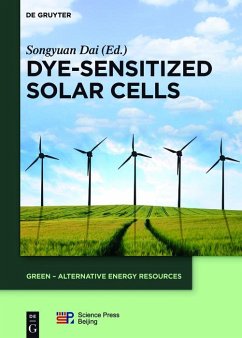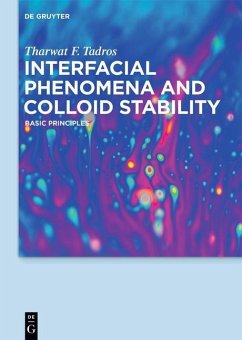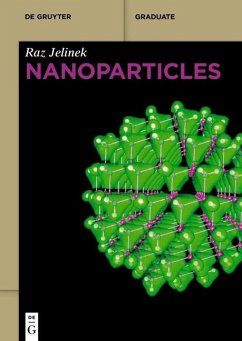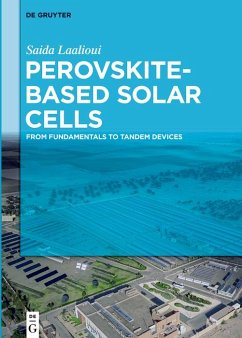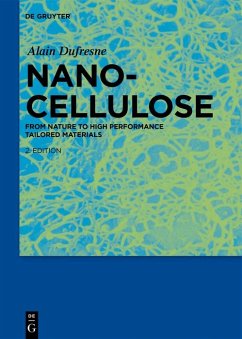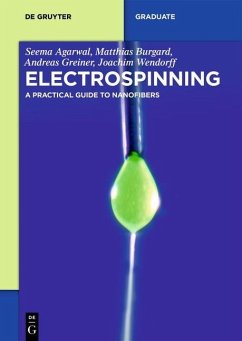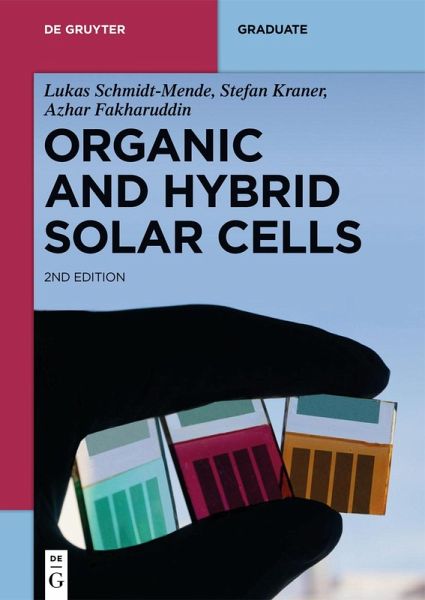
Organic and Hybrid Solar Cells (eBook, ePUB)
Versandkostenfrei!
Sofort per Download lieferbar
73,95 €
inkl. MwSt.
Weitere Ausgaben:

PAYBACK Punkte
37 °P sammeln!
With the increasing world-energy demand there is a growing necessity for clean and renewable energy. This book offers an introduction to novel types of solar cells, which are processed from solution. We discuss fabrication, different architectures and their device physics of these solar cells on the bases of the author's teaching course on a master degree level. A comparison with conventional solar cells is given and the specialties of organic, hybrid and perovskite solar cells are emphasized.
Dieser Download kann aus rechtlichen Gründen nur mit Rechnungsadresse in A, B, BG, CY, CZ, D, DK, EW, E, FIN, F, GR, HR, H, IRL, I, LT, L, LR, M, NL, PL, P, R, S, SLO, SK ausgeliefert werden.




